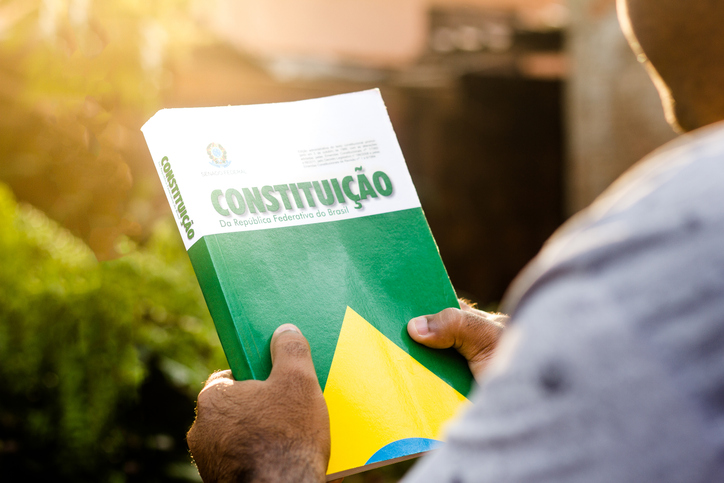
Brazil will soon have a copy of its 1988 Constitution in an Indigenous language.
A team of 15 translators are currently working on translating the bill into Nheengatu, a language spoken by many native Amazonian groups and tribes.
The National Justice Council – a judiciary watchdog, are leading the initiative, additionally co-ordinated by Marco Luchesi, President of the National Library and Professor José Ribamar Bessa of the Federal University of Rio de Janeiro.
With aims for completion in October 2023, the constitution will be presented at a ceremony in São Gabriel da Cachoeira, a municipality north of the Rio Negro river in the state of Amazonas, where Nheengatu is an official language.
The Maria de Penha law – a significant legislative turning point for protection against gender violence, is also reportedly being translated into several indigenous languages in a separate initiative. This move is directed to benefit native people in the state of Mato Grosso.
The 1988 Brazilian Constitution pinpointed the safeguarding of indigenous rights and remains an important reminder of land and culture stewardship. To this day, its aim is to guarantee the protection of “the culture, the way of life, production, reproduction of social life, and a way of seeing the world”. The reality is often different, and native Amazonian peoples face threats of deforestation, language extinction, wildlife extinction, intrusive politics and abuses of rights. It is hoped that by providing access to the constitution in an Indigenous language there will be equal opportunities to fight for the conservation of Indigenous culture.
It is estimated that 274 different Indigenous languages are spoken in Brazil, by 305 ethnic groups. Nheengatu is categorized as a Tupi-Guarani language and is predominantly an Amazonian with official status. It was once a lingua franca in the Amazon region, spoken also by non-indigenous people. Today it is regarded as the Amazonian General Language and has between 20,000 and 30,000 speakers.
It is taught at the University of São Paulo, where language experts are fighting for Indigenous language revitalization.





